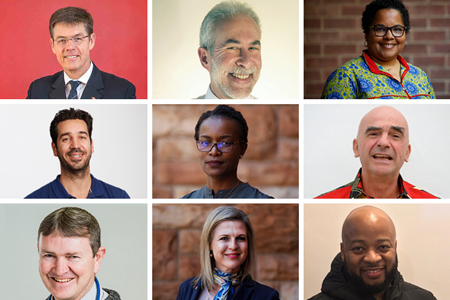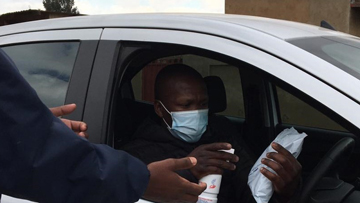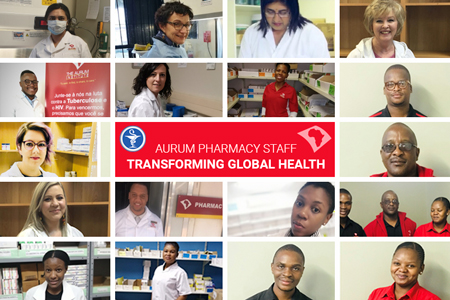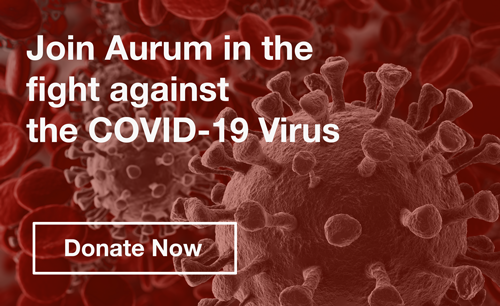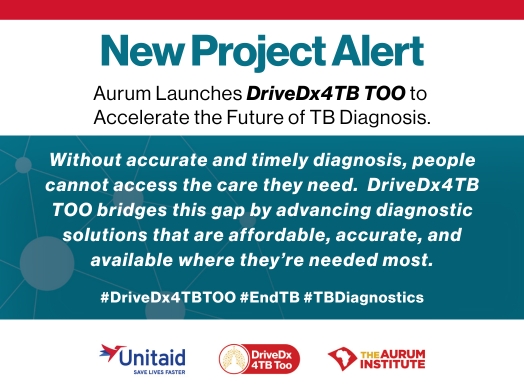Aurum in collaboration with the Eastern Cape Department of Health, had the privilege of welcoming USAID representatives to the KwaZakhele Community Health Centre in Gqeberha, Nelson Mandela Bay metro. This visit aimed to provide a comprehensive understanding of the key technical activities under the Accelerate 1 programme and the pivotal role it plays in addressing the TB epidemic in the region.
The delegation included notable USAID representatives:
- Heather Smith-Taylor, Director of the Bilateral Health Office (BHO), USAID
- Kathleen Webb, Cape Town Consulate General
- Phyllis Pholoholo-Mokomela, Accelerate 1 Agreement Officer Representative
- John Molifi, Accelerate 1 Alternate Agreement Officer Representative
- Allison Russel, USAID Care and Treatment Advisor
- Mabel Moti, USAID Project Development Specialist
Nandipha Green, Aurum's Community Health Worker introduced the KwaZakhele Community Health Centre by outlining the array of services provided, highlighting the centre's longstanding battle with significant challenges, such as high TB and HIV burdens, widespread poverty, and crime. Green shared the centre's targeted strategies to address low uptake of Tuberculosis Preventive Therapy (TPT) through active tracing of HIV and TB patients and the integration of non-communicable diseases (NCDs). She also mentioned the facilities role in managing referrals from the provincial district hospital to ensure comprehensive care.
Aurum's District Manager, Vuyelwa Nqapayi provided insights into the funding mandates that underpin the programme, focusing on TB and TB/HIV collaborative efforts. She highlighted the importance of continuous site visits and robust reporting mechanisms to support and sustain partnerships with the Department of Health (DOH). Nqapayi emphasised the programme's success in continuous engagement with the DOH to strengthen interventions and adapt them to the local context. Despite existing limitations, innovative solutions and collaborative recommendations have shaped strategic priorities that meet the community's needs. She also spoke about the importance of continuous training, particularly in drug-resistant TB (DR-TB) management, as a key element of sustainable healthcare delivery.
Accelerate 1 Technical Director, Dr Priashni Subrayen offered an overview of the Accelerate 1 programme, detailing its presence across three provinces and seven districts. She elaborated on the programme's goal of providing targeted technical support at national and provincial levels, bridging capacity gaps, and contributing to TB Think Tank initiatives. Dr Subrayen emphasised the community-based approach comprising three main modalities: on-the-ground teams, mobile chest screening units, and case tracking systems. She reflected on Aurum's in-depth understanding of the diverse regional needs and the importance of tailored interventions that strengthen health systems and ensure resilient, continuous TB care.
Geo-mapping and the identification of known hot spots were highlighted as essential tools for informed, targeted strategies to address TB in high-burden areas. Dr Subrayen praised the KwaZakhele CHC for its ‘Welcome Back Strategy’ under Operation Phuthuma, which prioritises patient retention and re-engagement in treatment.
Community Health Worker Pheliswa Dumani Ramaoba shared how advocacy and clear communication strategies have significantly reduced the number of patients lost to follow-up. She noted the comprehensive interventions that extend beyond healthcare, such as facilitating grant applications for impoverished patients and linking them to food schemes and soup kitchens. Ramaoba highlighted that with Aurum's robust support, the community is making meaningful progress in ending TB and its related socio-economic challenges.
The visit showcased the transformative impact of the Accelerate 1 programme, which, through a community-centric approach, continues to drive forward efforts to eliminate TB and support resilient health systems in the Eastern Cape. The collaborative efforts during the visit reaffirms the commitment of all stakeholders to sustain and amplify these initiatives, creating stronger health outcomes and enhancing community trust in local healthcare services.




